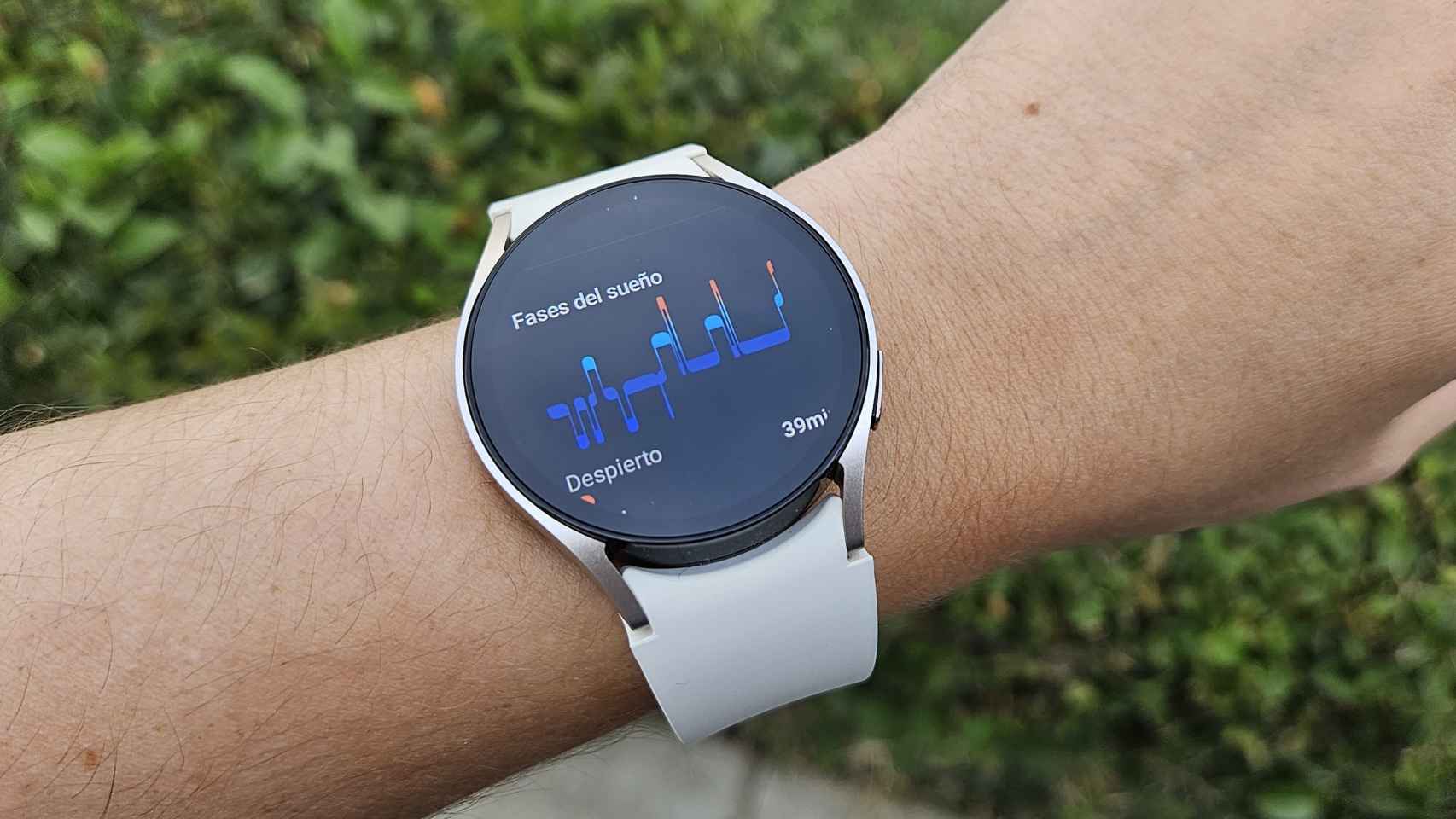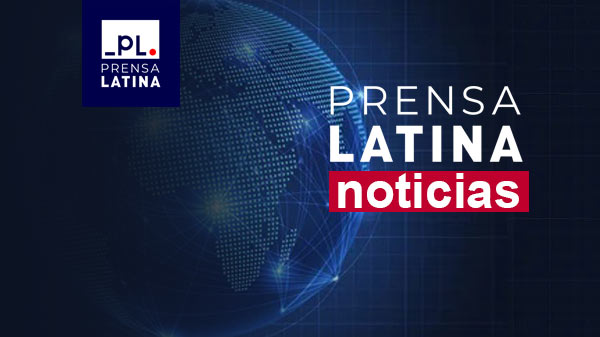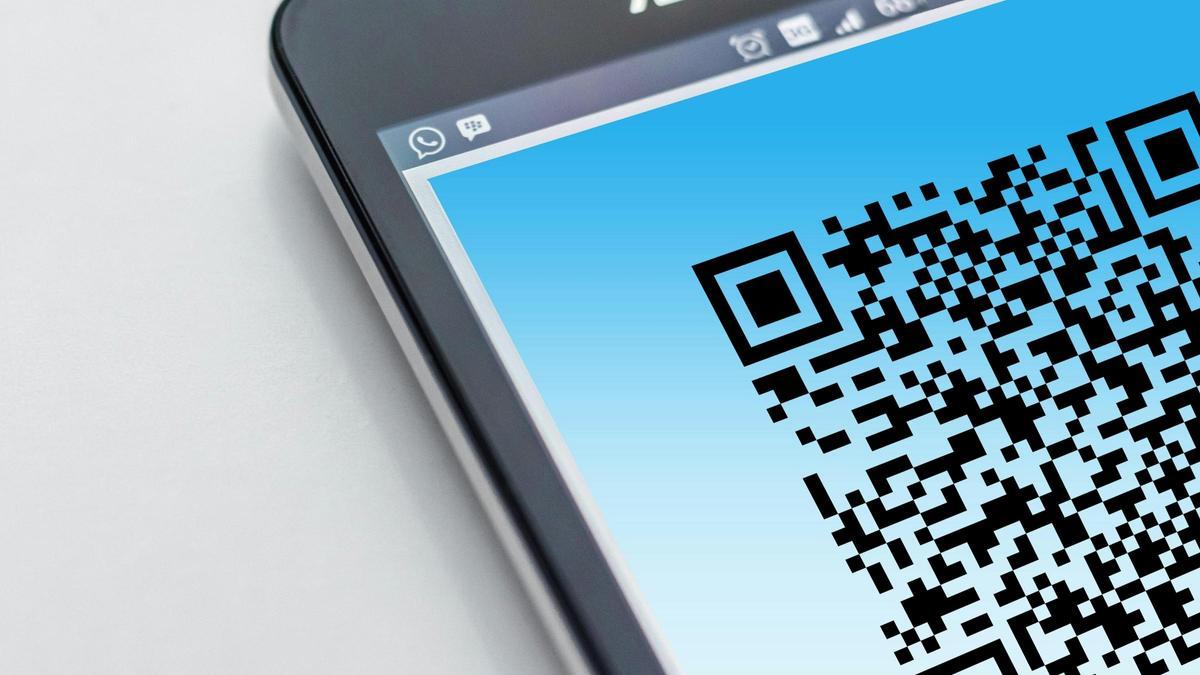Cinema, music and literature are on alert
The use of these programs put Hollywood, recording studios and now writers on the warpath, who filed a class action lawsuit
It will be one of the big issues in cultural news in the coming years. Artificial intelligence has fully entered daily life, and creative people see that the protection of their work, style, or even their own business has become threatened as a result of the tremendous developments it has achieved. The use of software of this kind capable of recreating the image or voices of actors was one of the issues that prompted the Hollywood strike a few months ago and which has yet to be resolved. He also heard the emergence of songs that “imitate” the style of major artists and now finally More than 9,000 writers affiliated with the Authors Guild of North America have filed a class action lawsuit against Open IAresponsible for Chat GPT, to train its programs on its content, in order to imitate it.
In the world of film, actors like Morgan Freeman have inserted clauses into their contracts that explicitly prohibit his image from being recreated using artificial intelligence upon his death. Other notable cases include that of actor Stephen Fry, who stated that his voice was “stolen” by software to be used as narration for a documentary he did not authorize. The artificial intelligence had “learned” his voice by training him on phrases taken from the “Harry Potter” novels. Cases are only multiplying and artificial intelligence applications are “deep faking” them or even dubbing them into other languages in real time and preserving the original voice of the actor. It only increases the applications of new computer programs and neural networks to infinity.
In the case of music, Universal Music giant explicitly banned Spotify from feeding its content into AI software for training after some of the music productions generated by these systems left audiences speechless. Songs that “imitate” or, for others, “represent” great living and dead voices ranging from Michael Jackson to Elvis, from Nirvana to Oasis, and they are able to invent collaborations like those done by Drake and The Weeknd. Content that had hitherto been produced by human composers, such as some soundtracks or white noise and ASMR creators, has now been almost entirely replaced by computer software.
Finally, as it seemed that the artificial networks would generate less influence, fear also reached writers: more than 9,000 members of the Authors Guild of America, They include Jonathan Franzen, George R.R. Martin, and John Grisham A class action lawsuit has been filed against Open IA, which is responsible for Chat GPT. The lawsuit filed in New York accuses him of copyright infringement and “systematic and widespread theft” of his works. In their lawsuit, the creators claim that this technology used their books to feed what are known as language models (LLM). That is, the AI integrates all these texts into these programs to train its AI and thus improve its ability to create content in a language that is increasingly similar to a person’s language. The proliferation of more or less quality literary content produced in whole or in part by artificial intelligence has reached such a point that Amazon, the digital book distribution giant, It had to limit the number of references an author could register in its self-publishing system daily to three journals.
For their part, the technology companies responsible for this type of software defend this Their chatbots do not steal artists’ content, but are inspired by their works to create their own. “Authors should have the power to control their works and how they are used by generative AI to preserve the literature,” Mary Rasenberger, CEO of Open AI, wrote in a statement.
This is one of the big challenges in the coming years It will call into question crucial issues such as authenticity and authorship Which can lead to very interesting metaphysical discussions. Artists accuse the machine of imitating them to the point of almost taking away their creative spiritA complaint is in itself sufficient for a novel. But if that soul could be imitated by a machine, no matter how sophisticated, wouldn’t it be a very poor soul?

“Travel junkie. Coffee lover. Incurable social media evangelist. Zombie maven.”

:quality(85)/cloudfront-us-east-1.images.arcpublishing.com/infobae/7FTWN33WTNGSRLUY5D6QAALGNA.jpg)
:quality(85)/cloudfront-us-east-1.images.arcpublishing.com/infobae/65LLGMM5N5EKXJJALNOBRHQ6ZY.jpg)




More Stories
The Frida Kahlo Museum denied that Madonna wore clothes from the Mexican painter
6th Madrid International Guitar Festival
Yahira Plasencia will interview Christian Dominguez and users remind her of infidelity: “Gypsies read their hands”